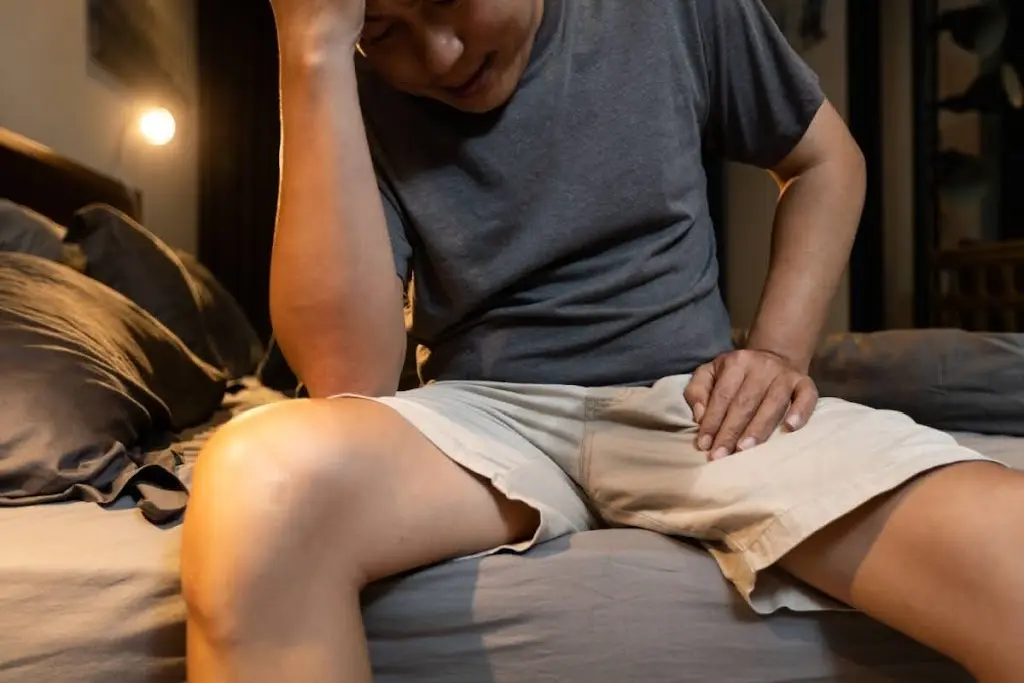Your body changes as you age, and sometimes these changes bring unexpected challenges. If you’re dealing with frequent bathroom trips that interrupt your sleep or feel like you can’t empty your bladder completely, you’re not alone. These are common signs of benign prostatic hyperplasia (BPH) — a condition that affects many men as they get older. While these symptoms might feel embarrassing or frustrating, they don’t have to control your life.
What Is Benign Prostatic Hyperplasia?
Let’s break down what’s actually happening in your body. Your prostate gland sits right below your bladder and wraps around the urethra — the tube that carries urine out of your body. As you age, your prostate tissue naturally grows larger. This enlarged prostate can squeeze the urethra, making it harder for urine to flow freely.
BPH isn’t prostate cancer, and it won’t increase your risk of developing it. However, the urinary symptoms it causes can really impact your daily life. The growth of your prostate tissue happens gradually, which is why you might notice changes in your urinary habits over time. The bladder neck (where your bladder connects to the urethra) can also become affected, leading to various lower urinary tract symptoms that need attention.
Recognizing the Signs: When to Get Checked
You might have BPH if you notice several changes in your bathroom habits. Common signs include getting up multiple times at night to pee, a weak urine stream, or feeling like you still need to go even after you’ve finished. These symptoms can start mild but often get more noticeable over time.
Your doctor can check for prostatic hyperplasia through several tests. They’ll likely start with a prostate-specific antigen (PSA) test to rule out other conditions. They’ll also use something called the International Prostate Symptom Score to rate how severe your symptoms are. A physical exam helps check your prostate’s size and texture. Getting tested early helps catch problems before they lead to complications like urinary retention or recurrent urinary tract infections.
Medical Options for Managing BPH
Managing benign prostatic hyperplasia often starts with medication. Alpha-blockers can relax the muscles around your prostate and bladder neck, making it easier to urinate. Other medications might help shrink your prostate over time. If medications aren’t helping enough, procedures like prostatic urethral lift can provide relief without major surgery.
Your doctor might suggest lifestyle changes alongside medical therapy. Simple adjustments like limiting evening drinks or avoiding caffeine can make a big difference. The goal is to find what works for you because there’s no one-size-fits-all approach to treating BPH.
Lifestyle Changes That Make a Difference
Small changes in your daily routine can help manage BPH symptoms. Try timing your fluid intake. Drink more during the day and less in the evening. Some men find that certain foods or drinks make their symptoms worse. Keep track of what you eat and drink to spot these triggers. Regular exercise, especially activities that strengthen your pelvic floor muscles, can help improve bladder control. Even simple walking can boost your overall health and potentially help with BPH symptoms.
Emotional and Mental Well-being
Living with BPH can feel isolating, especially when it affects your sleep or social life. The constant worry about finding bathrooms or dealing with urinary symptoms can cause anxiety and stress. Remember that millions of men deal with these same challenges.
It’s okay to feel frustrated or worried. Talk to your doctor about how BPH impacts your daily life, including any impact on erectile dysfunction or your relationships. They can help find solutions that work for your specific situation.
Common Questions About BPH
Many men wonder if they can prevent BPH or if it will keep getting worse. While you can’t prevent all prostate growth, you can take steps to manage symptoms effectively. Regular prostate cancer screening is still important, even with BPH. An overactive bladder might feel similar to BPH, so getting the right diagnosis matters. Some men may have questions about potential surgeries or any long-term medication use. Modern treatments offer more options than ever before, and many men find relief without major interventions. Bring up any other questions with your doctor or men’s health specialist for further insight into your condition.
Taking Control of Your Health Journey
BPH might be common, but you don’t have to accept its impact on your life as inevitable. At Nirvana Healthcare Network, we look at the whole picture — not just your symptoms. Our approach combines advanced medical treatments with practical lifestyle support to help you overcome both physical and mental challenges.
We’ve helped countless men find relief from BPH symptoms and return to normal, active lives. Our team stays updated on the latest treatments and technologies to give you the best care possible. Ready to take back control? Visit us at Nirvana Healthcare Network, where we’re committed to helping you live your best life, free from the burdens of BPH, and many other conditions.

